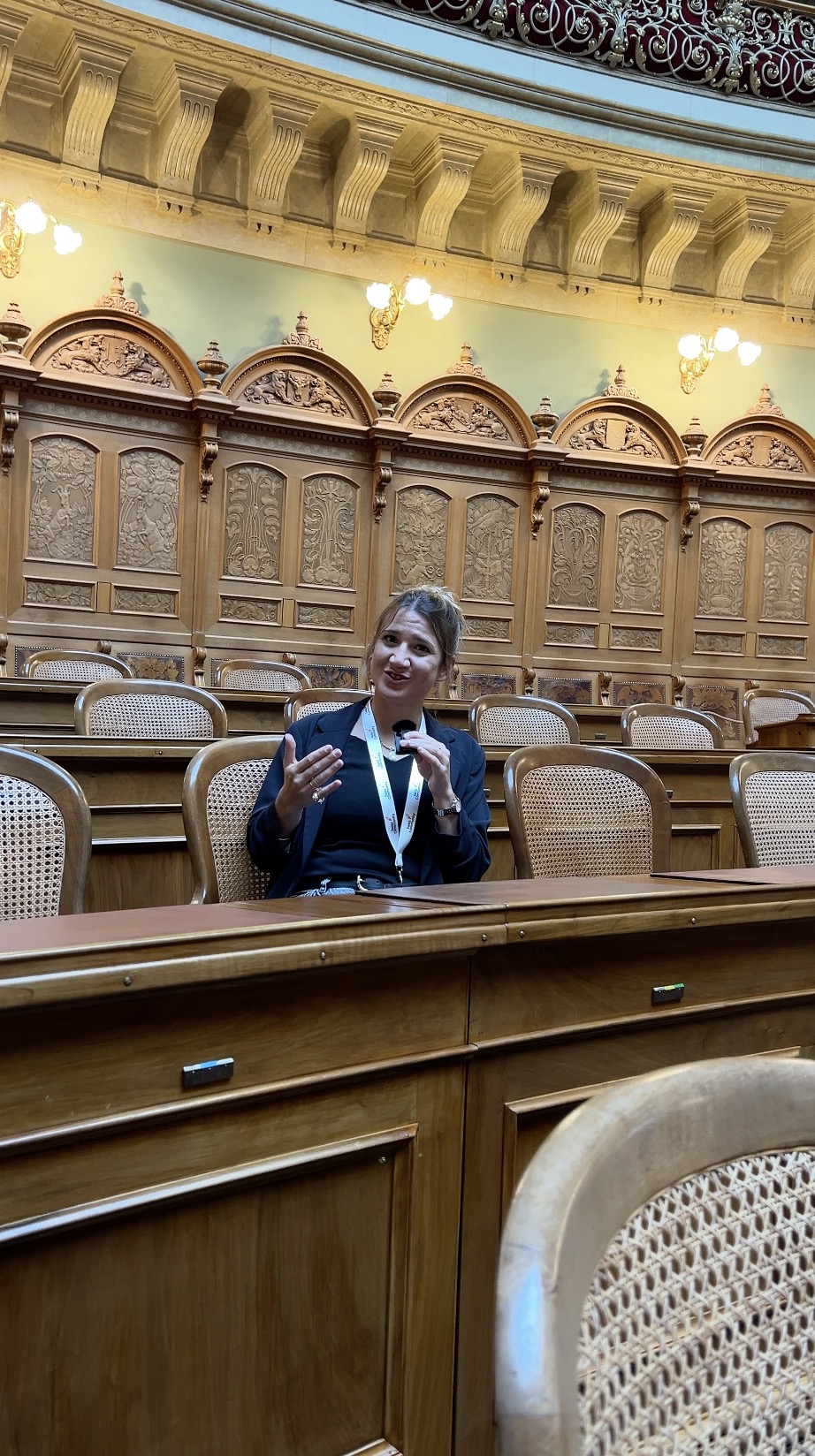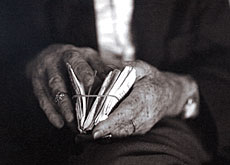
SNB’s Martin Says Credit Demand Shifting to Swiss-Focused Banks
(Bloomberg) — The takeover of Credit Suisse by UBS Group AG has triggered a shift in the Swiss credit market, driving demand to domestically oriented banks, according to Swiss National Bank Vice President Antoine Martin.
With only one globally active lender left in the country, clients shifted their loans away from large banks including UBS, Martin said during a speech in Zurich on Thursday. The market was able to satisfy demand at all times, he added.
“Generally, from the perspective of the banking sector, things don’t look too bad,” he said, referring to the present situation two years after the takeover. “It’s remarkable how well Swiss banking has adopted to what was a massive shock to the system.”
The comments, delivered to an audience of banking professionals in Zurich, come as Switzerland is debating large-scale reforms to prevent a crisis like at Credit Suisse from emerging again. Martin heads the SNB’s department for financial stability.
After the institution cut its interest rate to zero, lenders have warned that the rate level hurts their profitability, with their main lobby group saying that “banks and their customers once again bear a significant share of the monetary policy burden.”
Financial institutions have to pay a negative interest rate if they park to much cash at the central bank, although this only applies to 3% of deposits there, according to the SNB.
Policymakers cut their benchmark in June, seeking to deter investors from pushing money into the franc, which surged after US President Donald Trump started to introduce sweeping tariffs on most countries in April and has since remained elevated. Against the dollar, the Swiss currency gained more than 12% since the beginning of 2025.
Driven by the exchange rate and the outsized levy Trump slapped on Switzerland, the SNB could at its next rate decision on Sept. 25 become the first central bank to re-introduce negative borrowing costs after the phase of low and subzero rates that followed the 2008 crisis subsided.
Two subsequent months of inflation coming in above expectations could speak against that, however at 0.2%, price growth remains feeble. Roughly a third of economists surveyed by Bloomberg currently expect an interest-rate cut to -0.25%.
©2025 Bloomberg L.P.





































